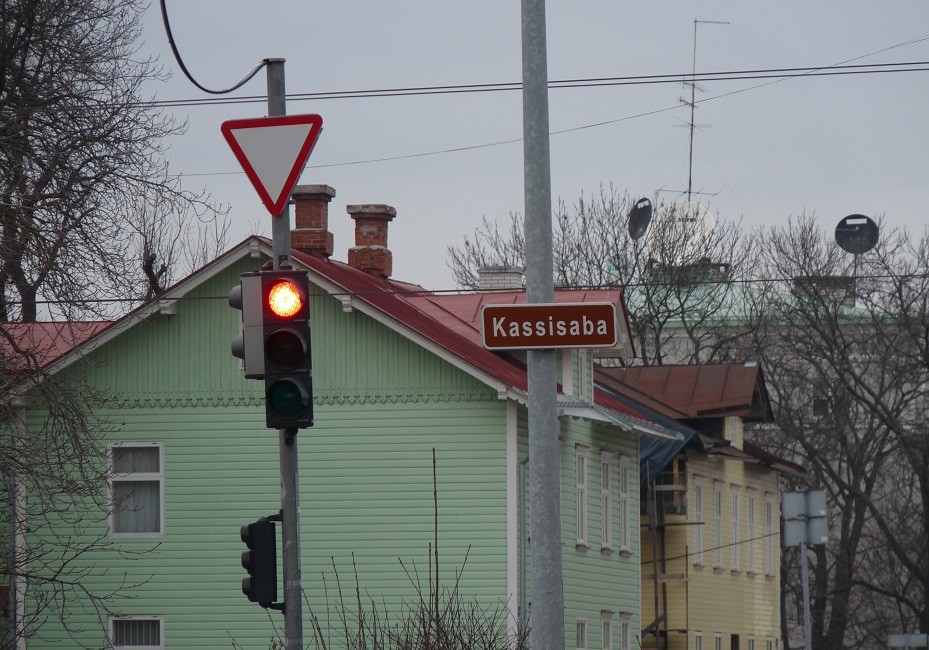A Pakistani expat recounts his experience of diving and surviving the Estonian rental market and learning during the process.
It was the start of my third year in Estonia, when I found out that I needed to look for an apartment. I had been putting it off for a while because my dorm contract was supposed to last three months after the completion of my degree. I came to know just two months before that I couldn’t continue living in the dorm after my degree is finished, no matter what the contract said.
So reluctantly I dove headfirst into the Estonian rental market. It was the beginning of November, I had just started a job and I was fully occupied with the finishing of my thesis. The holiday season was coming up and I had to find an apartment at the same time. Looking back now, it was one of the most stressful periods I have had in Estonia.
A tedious process
One of the first actions was, of course, going to Facebook groups, typing in the preferences and hoping someone would contact you. I had seen this happen from time to time and unless you are a cute attractive couple, you hardly get any traction. The market is too saturated.
The second thing I did was setting up alerts from different websites that rent and sell property in Estonia. Turns out you don’t have many options if you are just starting out as a young professional. Especially if you are not willing to give out unfairly huge sums to the brokers.
It was a tedious process, mired with uncertainty. I was constantly glued to my phone going through the email alerts. At times I would wake up at night and fire away a message or an email just so that I could be the first one. The options were few and far in between, and they slipped away in hours.
The majority of my emails and messages went unanswered. A few would refuse right away. Sometimes, to cheat the system, I would ask my colleague to fill in for me, knowing that this wouldn’t work since the fact that I was a Pakistani would have come up eventually anyway. The days were slowly slipping away and I was nowhere close to getting a place to live.
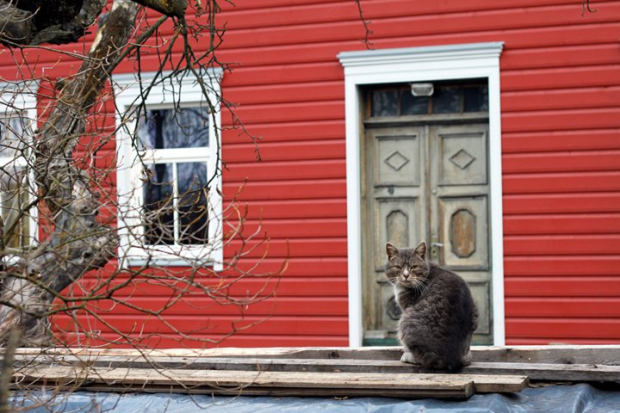
It was baffling to me – by every measure I was an ideal tenant. I was a young professional with a permanent job. I had been living in Estonia for two years and it was clear I wasn’t going anywhere. I was single. I had no pets (even though I’ve always wanted one). I didn’t drink. I didn’t have much social circle – meaning there wouldn’t be drunken raves happening at my place. I hated cooking, so no funny curry smells wafting away and bothering the neighbours.
Easier to dismiss a foreigner
I started to realise that no one was actually making an effort to see you beyond your name, your country of origin or your appearance. It was easier to dismiss a foreigner when you had other options. Not surprisingly, it kind of went like Tinder – no one would swipe right.
It took me five weeks until I finally got the chance to see an apartment; it was brokered by a well-known company (surprisingly they didn’t take a fee). It was a one room apartment, about 15 square metres (161 sq ft), in Tallinn’s Kassisaba area, without central heating, overpriced and too small. But I was desperate, so I decided to get it. I filled in the form that I was given. I had to provide all my data, including my salary and references. The whole process seemed more like a job application.
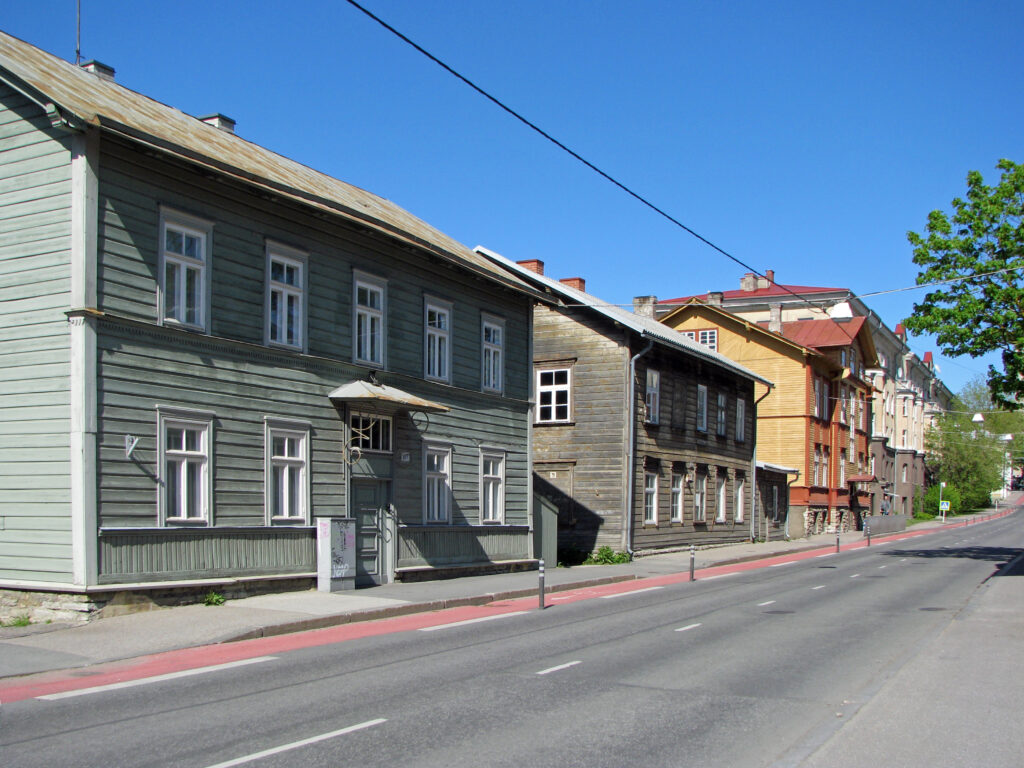
After a week I received a reply from the broker that the owner had refused my offer and had chosen someone else. I asked him if the owner had given any reason for refusal. I never received an answer.
Being a person of colour in Estonia isn’t easy
Being a foreigner in Estonia – especially a person of colour – isn’t easy. You stand out too much, whether walking on the street, buying groceries, riding a train or being at work. Just by your appearance, you are always the odd one. There is always a spotlight over your head subjecting you to stares wherever you go.
I don’t believe this stems from racism. I think its unfamiliarity. There is disbelief and curiosity in the eyes of people that I encounter. They are curious about your origin, why you have made this place your home? What do you like about it? It’s almost like they want to reaffirm their love for this place by understanding my choices.
No doubt there is negative stereotyping here, but as soon as you meet a person and you utter something, it starts to melt away; as soon as they see you are person with similar wants and desires, they realise you are more similar than they previously thought. I sincerely believe people don’t want to harbour negative thoughts, it is exhausting for your body and it drains your soul.
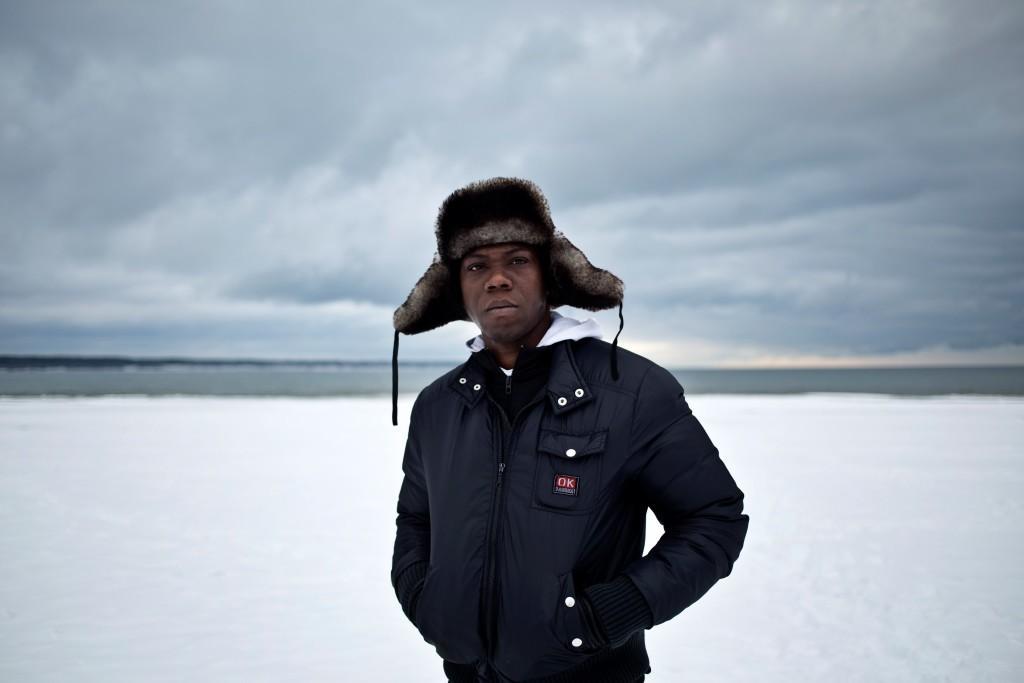
Embrace the fact that you’re different
For a very long time I was ashamed of the way I looked. I wanted to blend in. For some reason, everything that I did, every failure that I had, I would blame it on me being non-native.
It was easier for me to think that life would have been so much easier if I had been born here. It was convenient to blame it on the society rather than accept the responsibility for my actions. It just resulted in resentment, bitterness and forays into some really dark places. It wasn’t healthy, and it wasn’t sustainable. Bitterness and resentment just radiate outwards and make you hate yourself even more, resulting in a vicious circle.
Maybe there is racial bias, maybe people are sceptical of your country of origin, or your race, or the fact that you don’t speak the language. But that bias exists everywhere to some degrees. I believe it is an opportunity for yourself to change.
You have to embrace the fact that you’re different, the fact that you are always in the spotlight should make you more vigilant, more kind and more caring. It’s like Hasan Minhaj (an American comedian) said in his Netflix special – the game of life is just on harder difficulty when you are non-white but embrace that and it makes you stronger.
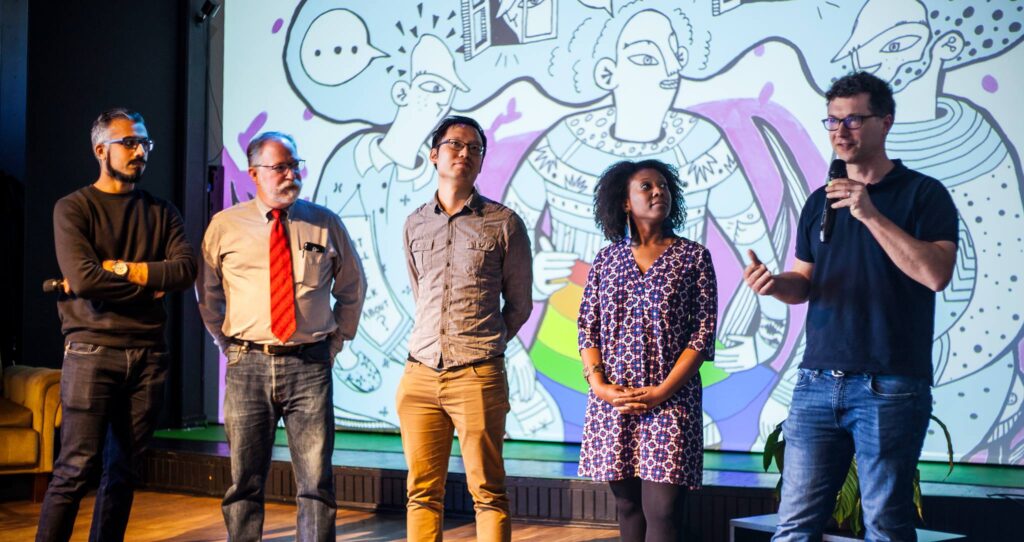
We have to assume responsibility for the change we want to see happening around us; we should be the ones starting conversations, we should be the one offering our seats to elderly and pregnant, we should be the ones helping our neighbours, no matter how snobbish they might seem, because the alternative is you being rigid and trying to change a million people, which is never going to happen.
Resistance is an opportunity for change. And it took me three years and countless days of crippling depression to understand that.
There is always a way
It was the end of the second month, I had almost given up hope by this time. One day I saw an ad on Facebook for an apartment getting empty in Tallinn’s Kalamaja district. It had been posted ten minutes earlier and had already gathered 15 “likes” and seven comments.
I hurriedly posted my response saying that I was interested and would like to see the flat. The post had gotten such an enthusiastic response that the owner had to close the comments after half an hour.
I got a chance to see the flat – it was a lovely apartment, just off the Kalasadam (a harbour near the Tallinn Old Town). The building was decrepit, but the apartment was newly renovated. I looked around, it had everything that I wanted. There wasn’t much hope though, all the people who came to visit before me wanted it, and all of them were locals.
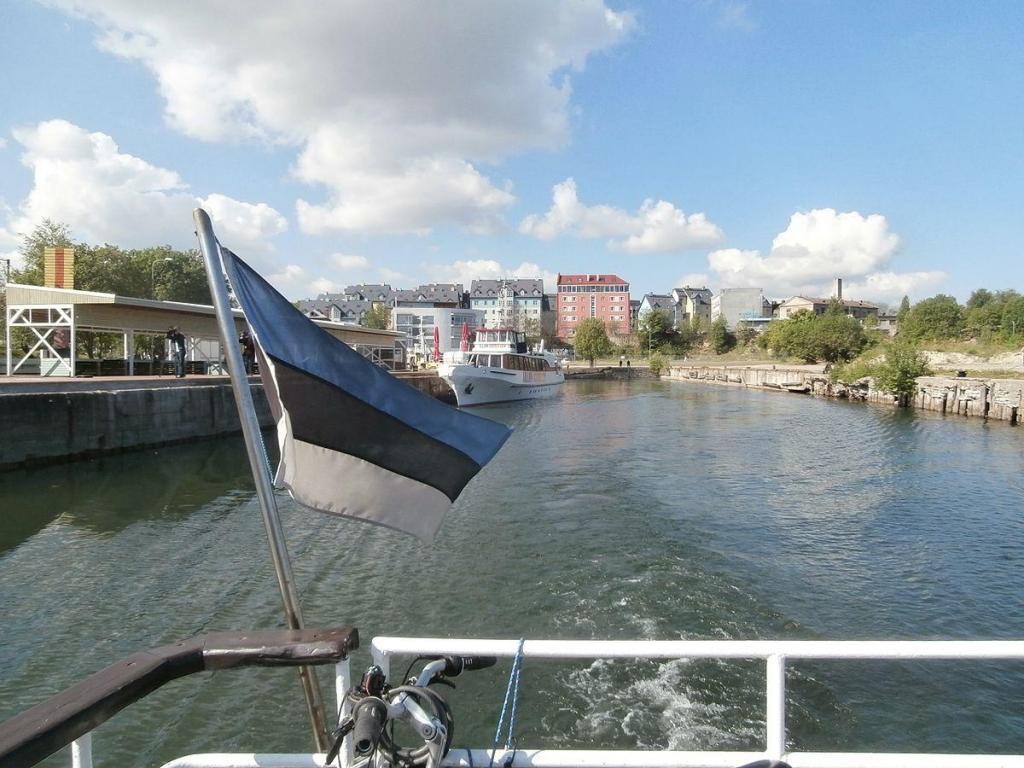
Later that evening I received a message on Facebook from the landlady, asking me when I could move in, and other details. I felt my jaw drop. It seemed too good to be true. After agreeing on the details, I asked her specifically why she chose me.
She told me that she was married to a black person and she lived in Estonia with him. She had a first-hand experience of how difficult it could be for someone different here; she felt the struggle that I was going through and she wanted to offer me her flat because of that.
That day I realised that in order for the universe to be balanced, the bad in the world has to be as much as the good in the world. I have been through some difficult periods. Strangers have been hurtful, but more strangers have been helpful and caring beyond your expectations. For every worse encounter, there is just someone waiting for you to reach them.
Our moral duty to stop unjust discrimination
Here’s my request to foreigners: there is definitely bias, but that exists almost everywhere in varying degrees. Sweeping everything under the rug of racism might be convenient but it doesn’t absolve us of action. The burden of responsibility falls on us, we must adopt and change. We must extend and reach out to achieve the trust of people.
It’s difficult and tough, but the unknown is always scary, and we are the unknown here. But if you see something unfair or unjust where you know its racial bias then, by all means, pursue it to the best of your abilities – raise your voice, bring it to the attention of people so that it does not happen again. It is our moral duty to stop unjust discrimination in any way we can.
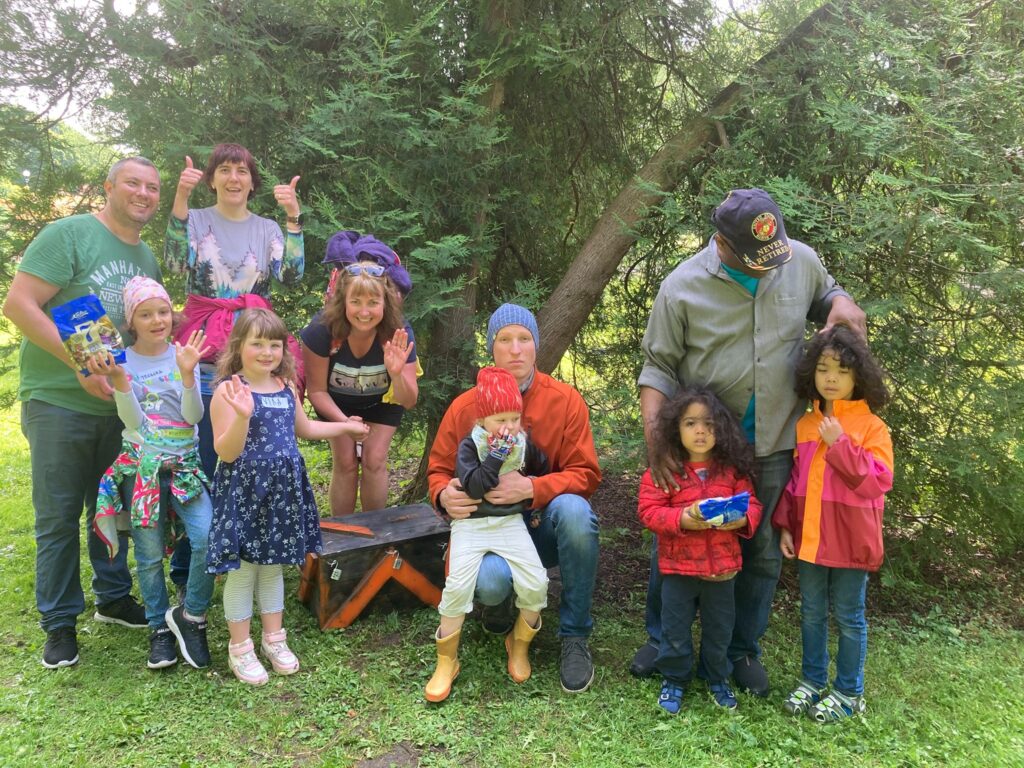
And here’s the request to Estonians in particular, and landowners in general:
Give us a chance.
I understand that we come from a different culture, we don’t speak the language, there are a hundred negative things that you might have heard about us, but we are here because – just like you – we are pursuing a good life. We want to love this country and earn an honest living.
Give us a fair chance
Coming to Estonia by itself is a biggest filter of all – we must get our backgrounds validated, we must give character certificates from our police departments saying that we haven’t done any criminal wrongdoings. There are a hundred hoops before any foreigner can enter Estonia. So we are used to being validated by paperwork.
By all means, ask us for proof of everything, ask us for our wage slips, ask us to bring our employment letter, ask us to bring a recommendation from previous landlords, ask us to provide twice the deposit if you have been burned by someone before. But have a look at us face to face, meet us, give us an equal opportunity.
There is no regulation that can stipulate you to rent out your property unless you don’t want to. But the least you can do is to give us a fair chance.
Read also: Are house owners in Estonia racist to foreign tenants? and Great expectations and harsh realities of renting in Tallinn

